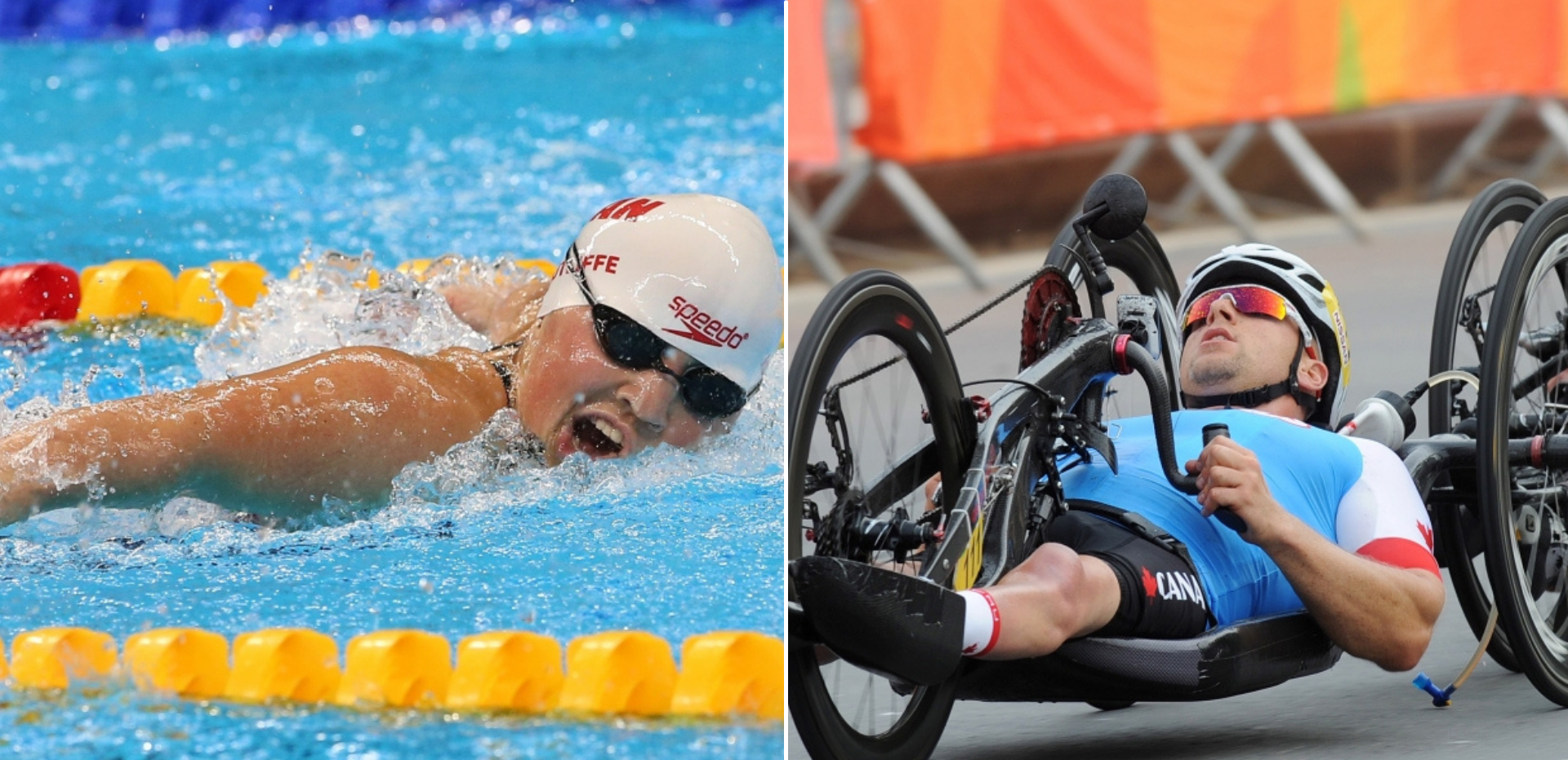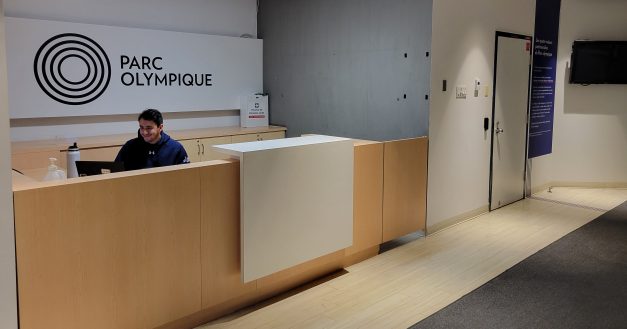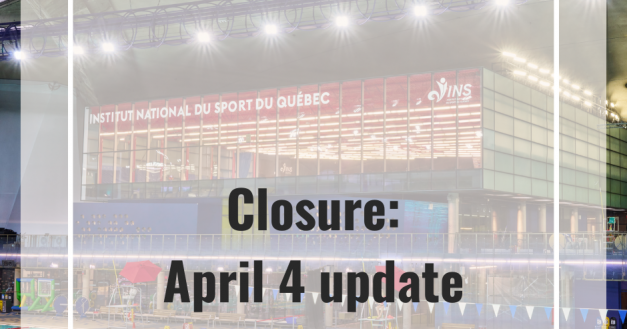Tess Routliffe (para-swimming) and Charles Moreau (para-cycling) qualified for the Tokyo 2020 Paralympic Games
PHOTO CREDIT: CANADIAN PARALYMPIC COMMITTEE
GETTING THE ATHLETES READY FOR THE PARALYMPIC GAMES: THE GAME PLAN
The Paralympic Games will take place from August 24 to September 5, 2021 in Tokyo, a few weeks after the Olympic Games close. Obviously, it will be easier to predict how things will turn out after the Olympics, since several adjustments can be made afterwards. The fact remains that Paralympic athletes will need to prepare ahead of time to overcome several external elements and focus on their physical and mental preparation until then.
Management of external parameters
Obviously, the summer weather conditions in Japan are not the same as in Canada, which brings its share of challenges, especially in terms of the heat that the athletes will have to manage during their sports performances.
“For Tokyo 2020, heat is an important element to consider for all athletes who will be competing outdoors, since it can have a significant impact on their performance,” says Myriam Paquette, Exercise Physiologist at INS Québec, which works more specifically with para-swimming and para-cycling athletes.
The Integrated Support Team has measures in place to reduce the harmful effect of heat on athlete performance. These include pre-cooling protocols, which promote performance in a hot environment by reducing the body temperature of athletes before the start of an event. Some Paralympic athletes, due to the nature of their disability, have poorer thermoregulation, so warm acclimatization and precooling protocols are among the strategies commonly used by the para-cycling team.
A year of competition turned upside down
Since March 2020, not only have several competitions been postponed, but several have been canceled altogether. Some athletes have not had the chance to experience significant competition in the past year. Only certain para-swimming athletes will have access to one competition, the World Series in Berlin, in June. For para-cycling team, some athletes will be able to take part in the World Championships in Portugal, also in June, before competing at the Games. Unfortunately, many athletes won’t have the chance to compete before the big event.
In order to counter the repercussions related to the cancellation of the competition schedule, “time trial against the clock” events or intra-team challenges are organized frequently to try to recreate competitive situations.
“We prepare the athletes as if it was an important competition. We are therefore focusing on sharpening the week before the competition to follow a schedule that would normally be in place in order to put into practice all the elements worked on”, says Myriam Paquette.
“With the para-swimming team, we were able to continue collecting data on technique and performance using video and inertial sensors,” continues Mathieu Charbonneau, Sports Biomechanist at INS Québec. “This sheds light on the behavior of athletes during the pre-competition and competitive segments. By analyzing the signals, we draw markers that allow us to understand how the athlete is evolving to meet his performance objectives in terms of his starts and flip turns, for example,” emphasizes Mathieu.
The strategies put in place
It is well known that training camp is a key element in the planning agenda to properly plan various phases of training of the athletes. The pandemic has obviously complicated things a bit. Usually, several training camps are organized in the host country of the Games. The reality will be a little different this year as these camps will mostly be held in Canada.
Since many athletes will arrive on Japanese soil just a few days before their competitions, adapting to jet lag and recovering from travel fatigue will be very important. Strategies have been put in place and reworked many times in recent years through data collection. This analysis allowed protocols to be put in place to allow athletes to recover optimally to counter the effect of jet lag. An early bird athlete, compared to a night owl athlete, or a blind athlete will react in a completely different way. The process and protocols are therefore distinct for each athlete and individualized according to their needs.
The path to the Games is never a straight line
This cycle has been particularly fraught with pitfalls. The past year has required athletes, coaches and members of the Integrated Support Team to constantly adapt. Several adjustments have been made to the operating methods and intervention, but the monitoring objectives were nevertheless able to continue, thus allowing them to stay on course.



